AMMAN — On average, an individual in 2023 spends 17 hours a week
watching videos online. TikTok, a short-form video hosting service, is the most
popular application, and Facebook, Instagram, YouTube, and Snapchat have all
introduced short-form videos into their feeds.
اضافة اعلان
It is safe to say that video
content is what is driving entertainment, engagement, and digital interactions.
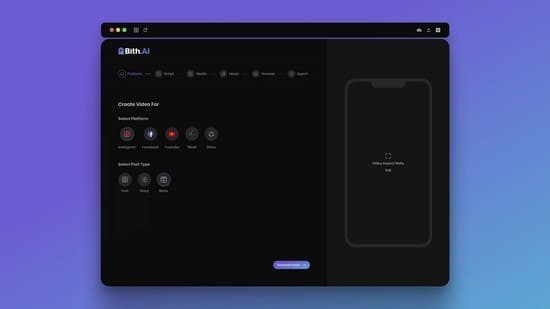
This shift to video is not
alien to Middle Eastern content creators. However, with the introduction of AI,
streamlining the process to give Arabic speakers access to the same tools
available in English was a challenge.
AI has been accused of
leaving Arabic speakers behind. With that in mind — and the rapid ascent of
tools to help content creators, especially in video content — a local start-up
set its sights on bridging the gap.
Bith.AI, a subsidiary of its
parent company Bith.TV is pioneering innovation in the MENA region on a
macro-scale and in Jordan on a micro-scale. Their goal? To make content
creation easy.
Omar Dweik, the CEO and
co-founder of both software developments, is a graduate of Georgetown
University, a former Jordanian National Football player, and he holds a dossier
of start-ups and developments under his belt, all of which combine media and
tech.
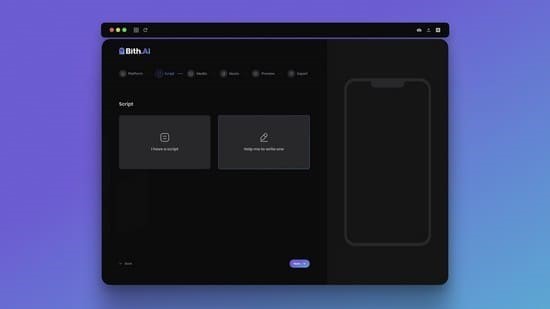
“Even when I was a
footballer, I always had an interest in tech and design. The notion of
designing solutions to problems that people face and selling them was something
I was always interested in,” said Dweik.
For “Bith,” specifically, “I
would say that curiosity has led me to work on this specific pain point…content
creation and video editing.”
Saving a team with a
180° shift
Dweik’s interest in the entrepreneurial
world came after his football career halted due to injury. Despite the shift,
he found a way to mix his interest in tech and his passion for sports.
In 2019, Dweik was working on
a tech company called “digitasport,” which, in essence, was targeting
professional sports teams and stadiums to improve fan experience through
digital touchpoints, a customer’s direct or indirect online contact with a
brand.
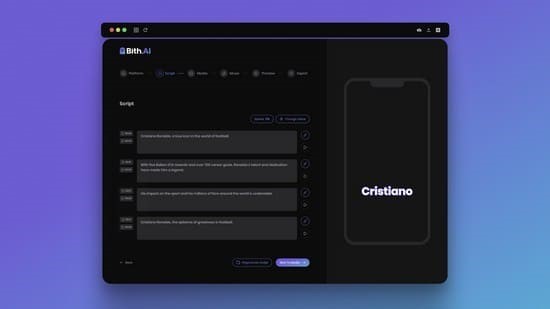
When the COVID-19 pandemic
hit, the tech industry, along with all sectors, took a blow, granting only a
matter of time before the company exhausted its funds; they were running out of
cash.
Hitting a crossroads, Dweik
decided to shift his team's direction radically.
“We have an amazing team; we
were doing well, but with COVID, we are no longer doing well, so what are we
going to do? I’m not just going to give up easily,” he said.
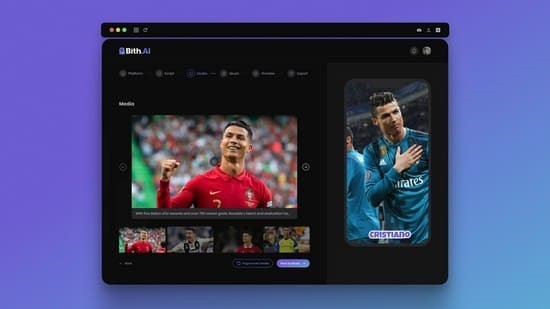
The decision to pivot was
influenced by support. Investors inside and outside Jordan, including Oasis500,
believed in the team. And given the pandemic’s impact on the sports industry,
the team pulled a 180° shift.
The team “were all passionate
about gaming and content. We knew how challenging it can be to edit videos, so
we started Bith.TV.”
Here, Bith.TV emerged in
2020–2021.
Bith.TV aims to make the
entire video content creation experience as seamless and accessible as
possible, down to the most minuscule details.
Integrating AI
Although Bith.TV was mainly
tailored to assist gamers; the user base gradually grew to other content
creators. Originally, Bith.TV wanted to make video editing accessible and
affordable to the average Joe.
Concurrently, artificial
intelligence (AI) was also seeing a rise globally.
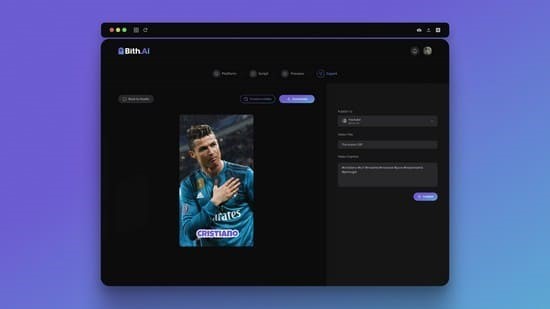
Bith.TV used this rise and
grasped the opportunity.
For Bith, AI was built on top
of the existing concept. At first, it focused on including on-screen
transcription for over 50 languages, including Arabic. In terms of accuracy,
conservative figures put it at 88 percent; in practice, it is higher.
“There are so many stories
that can also be shared, but creators don’t have the capacity to do the
storytelling through editing,” Dweik said.
Cue the inception of
“Bith.AI.” The software allows any creator to convert their texts into
high-quality videos; this can be done in two different flows. Firstly, the AI
can generate and manage the entire project, or a creator can play an active
role in creating the video.
The technology is
straightforward and broken down into steps. Firstly, you dictate the specific
platform and topic, and they create a script that takes roughly 10 seconds to
generate. Regarding the topic, the choices are infinite. Next, you choose from
a plethora of voices for the voiceover. Options are not restricted to only male
or female, but the age of the avatar and cadence, “whatever persona you feel,”
said Dweik.
The technology is deliberate
in the range of choices to allow for inclusivity and diversity.
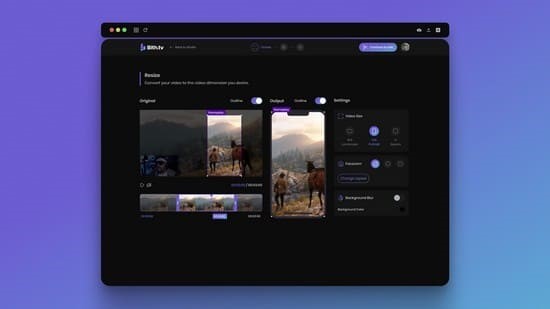
Next, the software will
generate subtitles in one of 50 languages, all the while recommending visuals
and animations based on the script. The music will automatically be chosen
based on the mood and overall genre. In the second flow, the creator can
actively participate in the production by editing and adding their personal and
final touches. The video can be uploaded and cross-posted through Bith.AI onto
any social media platform.
The models that are used are
built on top of OpenAI’s Whisper prototype, in addition to the aid of
third-party solutions. ‘Whisper’ is a software by OpenAI that performs
automatic speech recognition, speech translation, and language identification.
The company anticipates other
developers to use their public application programming interface, and the
architecture of Whisper, to construct more progressively advanced applications
or software as a service.
Amidst the ongoing
discussions surrounding Artificial Intelligence, its potential impact on
humanity has become a subject of intense debate. Prominent publications have
raised concerns about the existential threats posed by AI, leaving governments
and societies wary of its commodification and potential consequences.
“It’s important to be
realistic and acknowledge that human curiosity is an unstoppable force leading
us inevitably to the point we have reached today.” But even he has his
misgivings should this novel apparatus be exploited. “One of the things that
worries me about AI is the notion that we have built something that can eventually
act on its own.”
Dweik also noted that a major
advantage is the potential for advancement in healthcare, education, and
productivity.
Successful launch
Earlier this month, to test
the market reaction, Bith.AI launched a waitlist for early access to the first
1,000 users to experience the first version of the AI video generator. Within
the first 10 days of signup, the count was single digits away from the mark.
“We want to make sure that
it’s solid enough that it provides excitement that excites them enough to pay
for it,” Dweik said of the ideal feedback.
Of the current challenges
they face, the two elements they consider are funding and expertise in their
niche sector. In the region, he remarks, “Still, we’re at a point where we’re
not like Silicon Valley.”
Although there are good
advisors, he said, “In Silicon Valley, you have so many tech giants who already
built their own companies; they have proven their own models. In Jordan, I wish
we had more of them, especially in the media space where we can talk to them,
seek their advice.”
Dweik reiterated that it is
not for lack of capability, especially within the Kingdom. He continued to
affirm that in Jordan, “we do have great talent”.
Read more Technology
Jordan News




